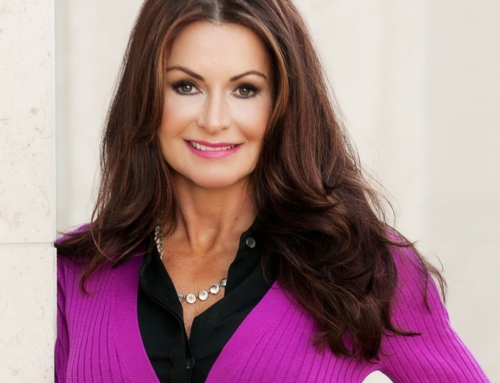Today, we interview Annette Mia Flores, Jenny Joslin, and Kendall Watkins, the Founders of High HerStory, and find out about their incredible journey. Enjoy!
Can you share with us the story about what brought you to this specific career path?
All of us come from theater backgrounds in small-town Texas. There were only so many roles being offered to women outside of the ingenue, the wife, and the old, worried mother; from the books we were assigned at school, to the art, and widespread digital media that’s all around us, the message was clear as day. The story isn’t really about the woman. The woman is only there to support the male narrative. Nope. Not on our watch.
We developed our mission to tell female-focused stories as we resolved to pry some power out of the cold, dead hands of the patriarchy. (DRAMA, WE LOVE THE DRAMA.)
But it wasn’t just about the character offerings, it was about male dominated creative environments, equal pay, stereotyping, hiring practices, the constant sexualization, being sexually harassed (and even stalked) by directors and producers that we experienced first hand. If we could create a production company that would not only prioritize inclusive female driven stories, but also commit to a series of practices that would positively impact the safety and freedom of a woman’s experience as a working artist, then we’d really make the impact we desired. That became our larger goal.
About 5 years ago, while smoking and researching women in history, cause that’s what we do on a Friday night, we stumbled upon this statistic from historian Bettany Hughes: “It’s the inconvenient truth that women have always been 50% of the population, but only occupy around 0.5% of recorded history.” This number really stung us, but also rang true, as we were currently engaged in the challenges of uncovering women’s history. 0.5% is an unacceptable number, and it became evident that this suppression was done systematically. Our production company, Mercury Road Media, through the development of TV shows and podcasts like High Herstory, works to collect women’s stories and therefore help change this sad statistic.
Cannabis, a female plant with so much healing to offer, has had her own narrative stolen and rewritten, stripped of her positive aspects, and offered up as a villain and a scourge on society. Used as a weapon against those who would use it to laugh, heal themselves and add financial stability to their communities. Mary Jane also needs our support in taking her narrative back.
Can you share the most interesting story that happened to you since you began leading your company?
We could tell you the story about how many times we have been told we need a man in the room when speaking with investors, or about the big production company executives that coined us the “weed girls,” to which Kendall responded that she hadn’t in fact been a girl in a very long time.
There is always drama in the world of an entrepreneur. In the age of #Metoo and Times Up, you aren’t only starting a company, you are involved in moments of re-education. It’s fighting small battles constantly, to create a more equitable experience for the person who comes after you, and it’s totally worth it.
Many people cautioned us away from creating a company together because we are such close friends, but it has proven to be an incredible strength. We have deep understanding and respect for one another, and are invested in our unified and individual successes. We delight in the days we get to all be on set, exploring the many facets of our creative selves together, and we find the product is better for it as well.
We screened our Ellen Ochoa episode, narrated by Co-Founder, Annette Mia Flores, and played by Roberta Colindrez of I Love Dick, Vida, and newly, A League of Their Own. After the screening, a Latina woman with tears in her eyes hugged Annette and thanked her for telling Ellen’s story. She’d once dreamt of being an astronaut, but followed a more “realistic” path. “If I had heard this kind of story, maybe my life would have been different. It would feel less impossible,” she told us.
We released a couple proof of concept episodes 3 years ago, and they got so much positive attention, that we officially started filming the full first season 2 years ago. Cannabis has become so much more mainstream in the last couple years. Those who thought we were crazy for filming women smoking are beginning to see that we have been creating a platform of shows that offer lucrative advertising opportunities for cannabis brands in mainstream media.
Can you share a story about the funniest mistake you made when you were first starting? Can you tell us what lesson you learned from that?
Regulating high talent while shooting all day is not for the faint of heart.
When Kendall was setting the sesh trays out for our story tellers, she offered smokables and edibles, letting the cast choose based on preference and dose. Even though it was clearly communicated that the cookies were medicated, we found out that once stoned, the munchies would kick in, and the nearest cookie would get eaten no matter what. This resulted in some very stoned ladies who raided crafty and found themselves with purses full of snacks.
We are always learning, refining, and rewriting our own rules as this work grows and expands with each new idea and challenge. Our hope is that we can help develop a safe, supportive set structure for women and cannabis, so that the power of these female-driven stories and these female plants can unite.
Expressing the moments of life that are heightened by cannabis is so fun, and adds so much to the drama of filmmaking! That moment of anxiety, uncontrollable laughter, earnest emotion, and relaxed new ideas just flowing are huge parts of the joy in this work.
Are you working on any exciting projects now?
High Herstory: High Herstory tells the stories of seldom discussed women in history via cannabis-consuming comediennes which are recreated in high-sterical reenactments. With our unique style merging cannabis, feminism, humor, and humans who identify as female, we’ve found an engaged, educated, female focused, millennial audience interested in our content and the brands we feature! Season one will be streaming later this year.
We are currently developing High Herstory the podcast- a place for women to tell the stories of the powerful women who have shaped, impacted, and graced their lives.
Cannabis Corner: Cannabis Corner is a talk show TV series exploring a wide range of cannabis-related topics through education, earnest journalism, comedy & a little song!
Each episode features an expert guest guiding us through a specific aspect of the cannabis industry, educating the audience and the interviewer, while debunking the cloud of stigma that hangs over this magical plant. Cannabis Corner’s host is the beloved Ronnie Ronstein. She’s a mix of Ellen and Mr. Rogers, if they were both more like 1970’s Barbra Streisand. She’s earnest but always winking, goofy, and pure of heart. Ronnie Ronstien is played by the insanely talented Emily Kron.
None of us are able to achieve success without some help along the way. Is there a particular person who you are grateful towards who helped get you to where you are? Can you share a story?
Veteran Wall Street executive, hedge fund CIO, and family office cannabis investor, Alex Kirk, included our company in his portfolio of cannabis investments. He recognized our potential and offered us the resources to create a solid foundation. He has never wavered in his belief in us as a team of creatives and in the value of the art we create for the public. Having him champion us has been a game changer.
This industry is young, dynamic, and creative. Do you use any clever and innovative marketing strategies that you think large legacy companies should consider adopting?
Listen to women.
Hire us or collaborate with us! In the words of the great Beyonce, “Pay me!”
Can you share 3 things that most excite you about the Cannabis industry? Can you share 3 things that most concern you?
Exciting
-
Women are close to actually owning 50% of this industry.
-
Social justice conversations are finally in the limelight. We hope equity will be built into legislative foundations from the beginning.
-
Being the first people to do what we do on the East Coast and taking our work even further!
Concerning
-
Within the 50% of women owning cannabis businesses, we don’t see much racial equality.
-
Social justice may be left behind in legislation .
-
Cannabis will be taken over by the same people who own everything else.
Can you share your “5 Things I Wish Someone Told Me Before I Started Leading a Cannabis Business”? Please share a story or example for each.
- You have to be willing to Lobby for the causes that support the industry you want to see. We loved the energy of lobby day this past January in Albany. Chanting with the crowd, hearing legislators show support, and feeling the energy of occupying space and demanding to be heard, was very powerful. We took our Cannabis Corner host Ronnie Ronstein to cover and get interviews with those who came to lobby. We can’t wait to share their moving thoughts to those who couldn’t make it.
-
Have patience. It’s all about timing. We have learned, on the journey to distribution, that when you feel frustrated that the mainstream isn’t ready, the extra time can actually be a blessing. Keep focused on refining your creation and carving the space for it in the ever-changing landscape. The time will come.
-
Cultivate a healthy relationship with the plant you support. Invest and advocate for research. This is about medical access before recreational access, although that’s fun too. It’s supporting the home grow. We see research as mandatory for a healthy, safe cannabis industry.
-
Stay educated and up to date from multiple sources and points of view. Read, read, read. Listen listen, listen. Put that alert on your phone, but turn it off when you need a smoke break before bed. Allow people of color to take the lead when it comes to social equity, and champion for their wants/needs alongside them.
-
Don’t sign contracts high, celebrate after! We will let you imagine how we found that one out. 😉
This was very inspiring. Thank you so much for joining us!

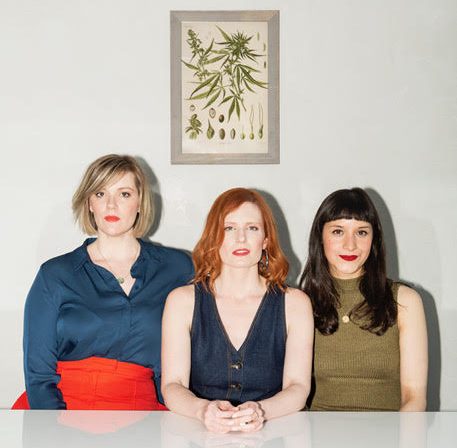
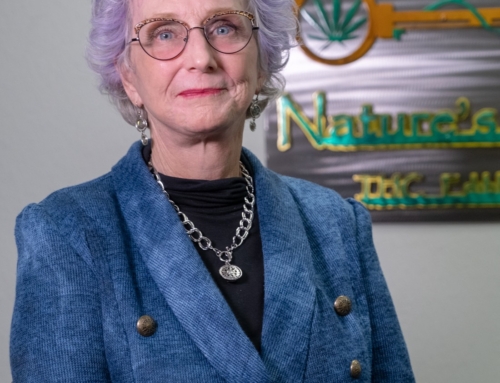
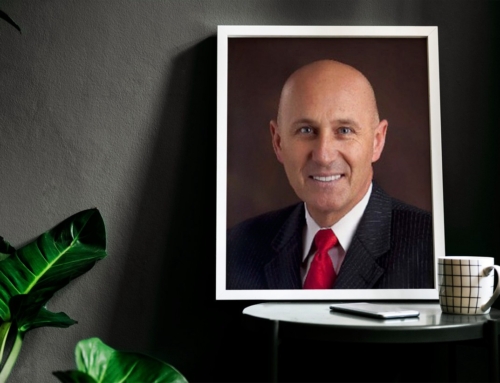
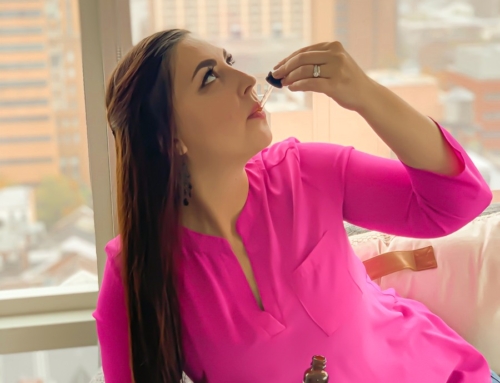
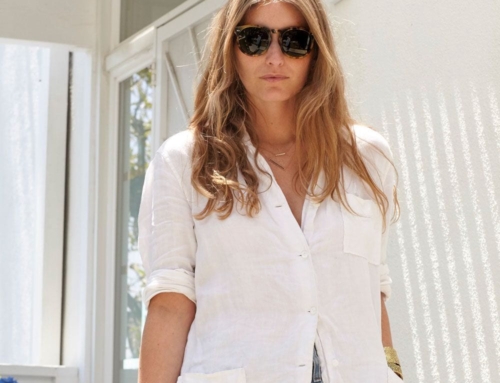
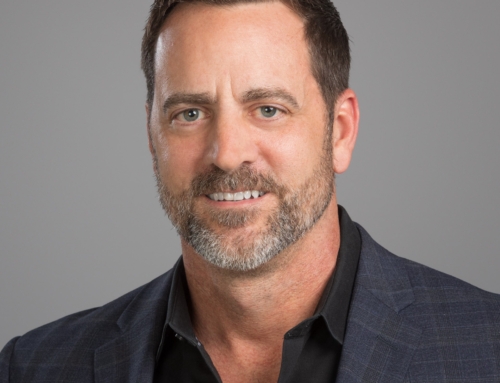
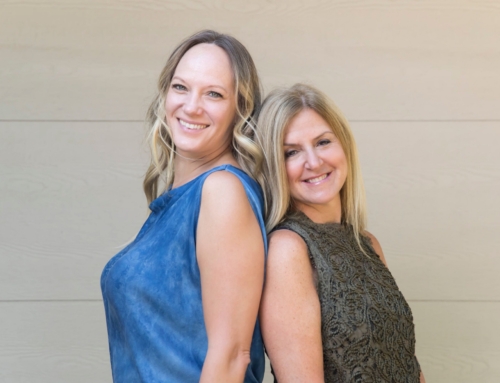
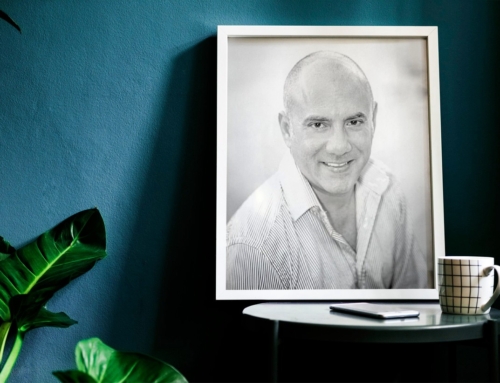
![“The potential to help people [in this industry] is enormous, but there’s still so much to learn.” – Ramon Alarcon, Witi](https://lakesideremedy.com/wp-content/uploads/2020/12/1thj5ekUyxQ69iLz1JJyODg-scaled-e1607882756286-500x383.jpeg)
